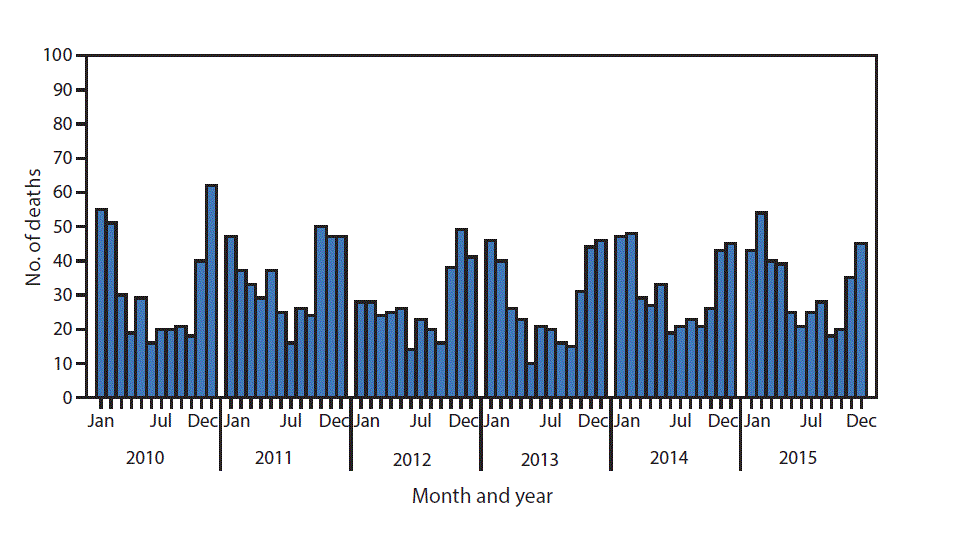
Many of these long term effects are not immediate and may present themselves several weeks after exposure. Up to forty percent of those poisoned can suffer problems that range from amnesia, headaches and memory loss to personality and behavioural changes, loss of muscle and bladder control and impairment of co-ordination and vision. The effects of carbon monoxide poisoning over the long term may be subtle or may be very severe, depending on the extent of poisoning: It is thought that the hippocampus, which is the section of the brain that deals with new memories, can be particularly susceptible to long term damage from CO poisoning. It can also cause permanent damage to other major organs within the body, such as the heart. The long term effects of breathing in carbon monoxide can affect: The long term effects of poisoning by carbon monoxide can be extremely serious. This can lead to a range of symptoms and effects, both short term and long term depending on the levels of gas breathed in and the duration over which you are exposed to carbon monoxide. This lack of oxygen in the blood is known as anoxia. The reason why carbon monoxide is so harmful is that it displaces the levels of oxygen within the blood, which results in the death of cells and damage to major organs, which are subsequently starved of oxygen. This gas has no taste, colour or odour, and can be breathed in over a short or long period of time without you even knowing that it is present.ĭepending on the levels of carbon monoxide that are breathed in to the body, you may suffer short term effects or permanent damage.Īgain depending upon the levels of carbon monoxide breathed in, this gas could prove fatal and can cause a gradual death or can kill within minutes.



Carbon monoxide, also known as CO, is a potentially deadly gas that can have devastating effects upon your life – assuming, of course, that it doesn’t kill you.


 0 kommentar(er)
0 kommentar(er)
